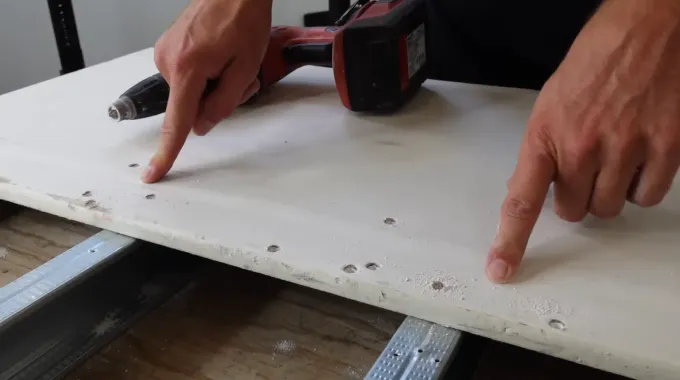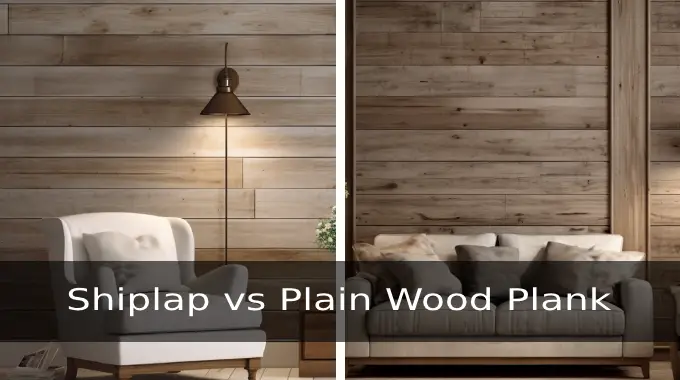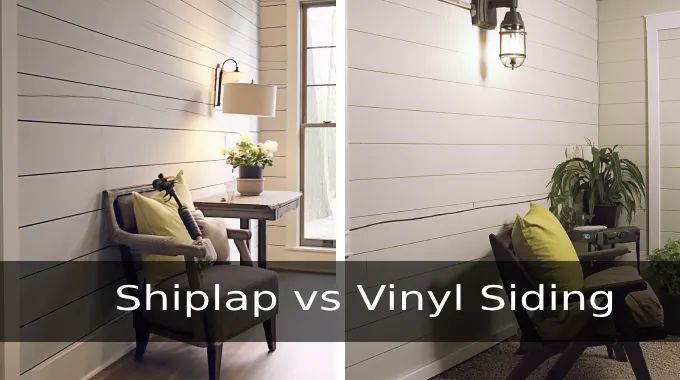Last Updated on March 21, 2023
Rust is a menace to metal screws everywhere, leaving them clumpy and corroded. But does rust attack the mighty metal drywall screw? It sure can! If left unattended, it not only blemishes the screws with its presence but could also threaten the integrity of any stubborn holdouts among your wall fixings.
So don’t let those drywall screws become collateral damage in this battle against oxidation. When drywall screws aren’t taken care of properly or are exposed to water and moisture, they’re prone to rust. The problem of rust with drywall screws is a big headache for homeowners, builders, and carpenters.
The good news is you can protect your drywall screws from further damage by preventing rust from forming. This blog post will discuss how you can get ahead of the rust game and ensure that drywall screws stay perfectly shiny for all indoor endeavors.
Do Drywall Screws Rust: Indoor and Outdoor
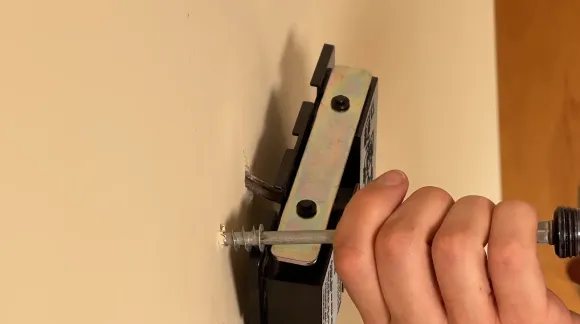
Rust can be a significant problem for drywall screws no matter the setting, indoors or outdoors. While it tends to happen faster and more severely in outdoor environments, indoor projects aren’t immune from potential corrosion.
In indoor areas with high humidity or exposure to moisture, such as bathrooms or kitchens, drywall screws may rust more quickly than in lower-humidity areas, such as bedrooms. Also, certain types of screw heads are more prone to corrosion due to their coatings which provide less protection against rust than other types of screws.
When exposed to an outdoor environment, drywall screws can be exposed to greater amounts of moisture and air pollutants which can contribute to a higher level of corrosion. This effect can be even more pronounced in coastal regions with salt in the air, as salt water has a higher corrosive ability than fresh water.
Rainfall can also increase corrosion since it carries pollutants and minerals that can speed up rusting. Furthermore, if any part of the screw body is exposed directly above ground level, it will likely attract additional moisture and accelerate corrosion over time.
But one factor that may help reduce the risk of rusting for drywall screws both indoors and outdoors is proper maintenance practices. Regular cleaning with a mild detergent solution can remove rust from the screw surface.
What Causes Drywall Screws to Rust?
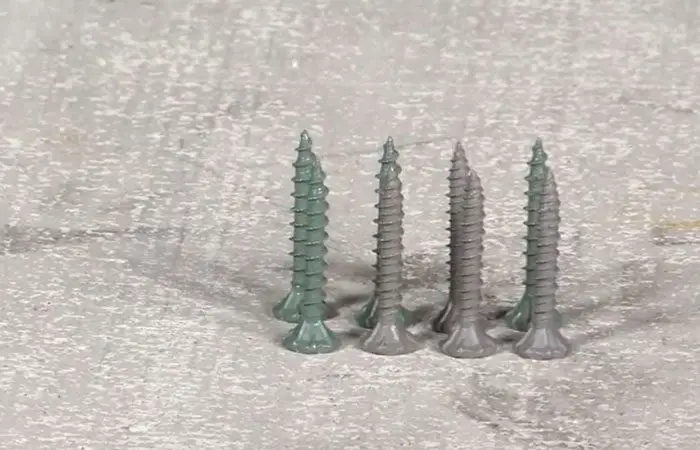
Rust on drywall screws is caused by exposure to water and moisture, which can cause the metal surface to corrode and form rust spots. Moisture in the air can condense on the drywall metal surface, leading to corrosion and rusting. Even small amounts of water, such as from humidity or liquid spills, can cause rusting over time.
As drywall screws are made from metal, any contact with water or humid air can cause them to start rusting over time. The atmosphere may also contain a lot of salt (like near the ocean) or chemicals which can speed up corrosion and cause drywall screws to rust more easily.
Does WD-40 Remove Rust From Drywall Screws?
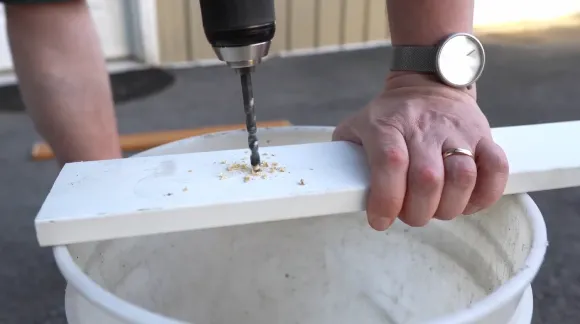
Yes, WD-40 is a penetrating oil that effectively removes light rust on drywall screws. Because it contains lubricants that help loosen rusty bolts and screws, it is an excellent tool for loosening rusty fasteners while preventing further damage due to corrosion.
To use WD-40 on rusty drywall screws, spray them liberally with the product, then allow it to penetrate and dissolve the rust for several minutes before wiping away any residue with a clean cloth or paper towel. With repeated applications, you should eventually be able to remove all traces of rust from your drywall screws.
What Kind of Drywall Screw Will Not Rust Indoors?
For indoor drywall screw needs, black drywall screws and stainless steel are the way to go. Black ones come with a zinc-plated coating that locks out moisture in humid areas. The superior corrosion resistance of stainless steel means you don’t have to worry about rust inside your home.
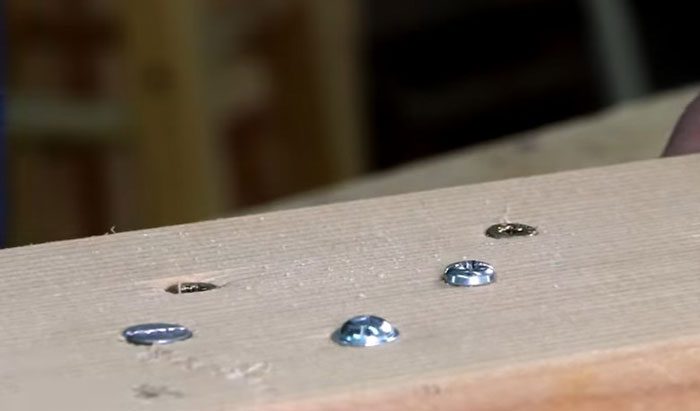
When selecting between stainless steel and black drywall screws, you must consider the environment, high humidity, or dry air.
Stainless is perfect for damp spaces, while a resilient black finish will conquer a drier domain. To ensure your hardware stands strong against rusting, get those screws sealed with an anti-corrosion sealant and ensure accurate fitting using the correct bit size.
Are Black Drywall Screws Rust Resistant Outdoor?
Black-coated drywall screws are not inherently resistant to outdoor weather conditions like rain or moist air since these fasteners are made from steel that will eventually corrode if exposed for long enough periods without being adequately treated or sealed against moisture intrusion.
But, black oxide coatings on drywall screws do provide some protection against rusting since they form an oxide layer over the screw’s surface, which helps inhibit oxidation from occurring.
Are Zinc Drywall Screws Rust Resistant?
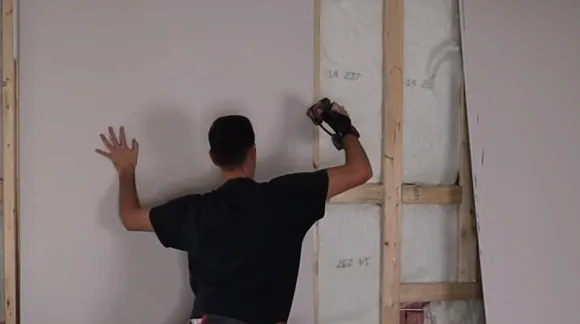
Zinc drywall screws are highly resistant to rusting and corrosion due to their protective zinc coating. This coating serves as a “sacrificial anode,” meaning when corroded, the zinc in the screws will corrode before any other metal component.
This means even if these screws were exposed to water or moisture, they would still not suffer from rust or corrosion damage. Zinc drywall screws are also incredibly resilient and can withstand a wide range of temperatures without becoming damaged.
How Long Does it Take Zinc Drywall Screws to Rust?
The expected lifespan of zinc drywall screws is significantly longer than that of conventional steel or iron screws commonly used in construction projects, often up to around a decade before they show signs of wear and tear due to rusting and corrosion.
Furthermore, the protective coating on these screws is designed to slow the rate at which they deteriorate actively, thus prolonging their life beyond what would be considered normal.
Which Drywall Screws are Recommended for Indoor Projects?
For indoor projects such as installing drywall, black drywall screws are ideal as they provide excellent holding power while leaving discreet holes behind them once installed into wood or metal surfaces.
Also, black drywall screws have superior corrosion resistance properties compared to standard steel or galvanized options, making them suitable for interior and exterior applications where moisture may be present.
Thus, if you need solid yet discreet fastening solutions for indoor drywall renovation or installation projects, black drywall screws are your best option for ensuring the longevity and durability of your work over time with minimal risk of deterioration due to weathering or corrosion damage.
What Can You Put on Drywall Screws to Prevent Rust?
To ensure long-lasting protection against unwanted rusting, applying a zinc-based lacquer coating on your drywall screws is best before installation. This additional layer of defense safeguards the screws from moisture and humidity buildup that can cause corrosion over time.
It also adds additional protection from corrosion and helps keep the screws looking new for longer. Applying the zinc-based lacquer should be done immediately after purchasing new drywall screws so that it has time to cure before installation begins.
Can You Remove Rust from Old Drywall Screws?
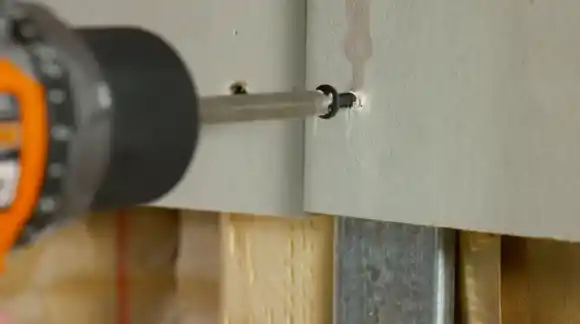
Yes, you can remove rust from drywall screws using vinegar as a natural cleaning agent. To do this, submerge the rusted screws in white vinegar overnight and let them rest for at least 8 hours. Afterward, remove each screw individually and scrub off any remaining rust with a wire brush or steel wool pad.
This process should remove all the rust without further damaging or corroding your drywall screws. Once the rust has been removed, rinse any remaining vinegar residue and apply a light coat of zinc-based lacquer to protect against future rusting or corrosion.
Protect Your Drywall Projects with Rust-Resistant Drywall Screws
Drywall screws are essential to any drywall construction project but can be susceptible to rust if not properly treated. Taking the time to understand what causes rust and following some basic preventive measures will help ensure your project remains safe and secure.
Keeping drywall screws clean and preventing them from coming into contact with moisture is key to ensuring they remain rust-free for extended periods.
While stainless steel screws, zinc-plated screws, and other corrosion-resistant metals are more expensive, they may be worth the extra cost if you look for reliable fastening solutions that won’t rust over time.
If your drywall screws become rusty, several products available on the market can help you remove the corrosion safely and effectively. By properly caring for your screws and understanding what causes them to rust, you can help keep your walls secure and free from unsightly stains.
